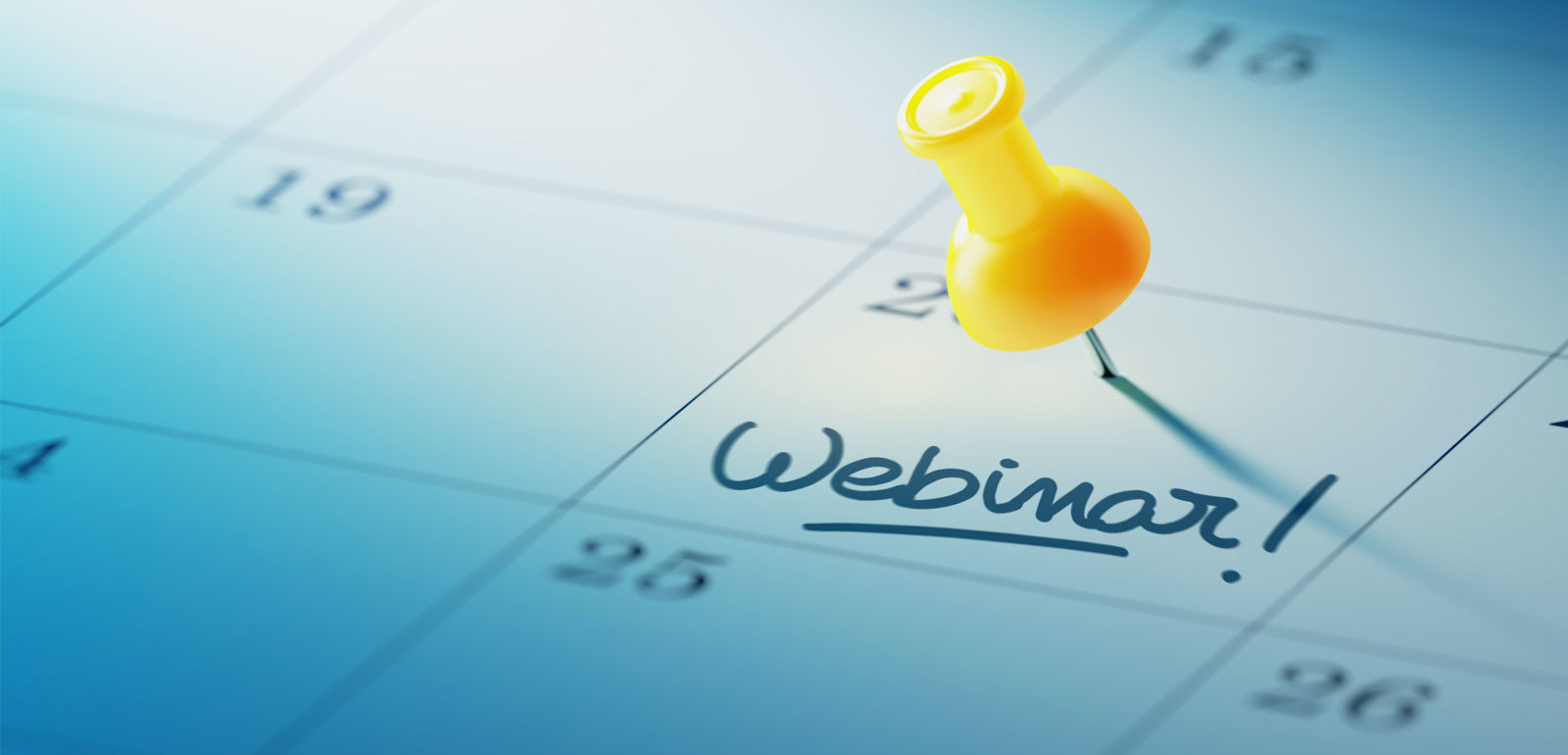ExpiredSelect Ocular techniques for the general practitioner-prerecorded
Online course #12-prerecorded
| May 31st, 2020

David Maggs B.V.Sc.
Diplomate, American College of Veterinary Ophthalmologists
Professor of Ophthalmology
U.C. Davis
Joshua Seth Eaton, VMD
Diplomate, American College of Veterinary Ophthalmologists
Assistant Clinical Professor, Comparative Ophthalmology
School of Veterinary Medicine
University of Wisconsin—Madison
Seminar Topics:
Lecture 1:
How to Roll with Entropion
Entropion is commonly encountered in dogs and cats and can be painful in addition to causing corneal scarring, vascularization, and even corneal rupture and loss of vision. There are numerous anatomical and conformational factors that may contribute to entropion in both species. Therefore, the best surgical approach to entropion is to carefully consider such factors and choose a surgical technique accordingly. This will minimize the chance for recurrence and maximize postoperative success. This surgical discussion will review the anatomical factors that predispose to entropion in dogs and cats, and review the key surgical approaches that can be used for correction in both species.
Lecture 2:
Ocular Oncology Obstacle Course
How worried do I need to be about this eyelid tumor? Can I remove it and what is the best surgical approach? And what about this spot on this cat’s iris? Should I enucleate? A variety of neoplasms, benign and malignant, can affect the periocular and ocular tissues in small animals. Furthermore, identification of those that require conservative or aggressive treatment can be confusing. This discussion will focus on providing an approach understanding the clinical features and biological behaviors of different periocular and ocular tumors in dogs and cats, as well as the options and techniques for surgical resection if indicated.
Lecture 3:
When It’s Time To Enucleate
Eyes that have been blinded by disease and carry the long-term potential to cause pain in an animal are candidates for enucleation. Before gowning up for surgery, however, it’s important for any practitioner to know the safest surgical technique for removing the diseased eye, and to understand the periocular and orbital anatomy. Furthermore, awareness of local anesthetic block techniques and other anesthetic considerations will serve to ensure a smooth and uneventful recovery. This surgical discussion will provide the practitioner with a comprehensive approach to pertinent preoperative, intraoperative, and postoperative considerations when performing enucleations, as well as the advantages and disadvantages associated with different surgical techniques.
Lecture 4:
Top 10 Tips for Doing a Great Ophthalmic Exam
It is undoubtedly important to know how to treat disease but without a diagnosis, treatment is often ineffective or worse. Fortunately, reaching an ophthalmic diagnosis relies almost completely on performing a thorough ophthalmic examination, which can be done with the simplest of instrumentation. Indeed, never were the famous words “more is missed through not seeing than not knowing” more apt. Here we present the top 10 tips for the eye exam using equipment that is almost certainly already in your clinic.
Lecture 5:
Cherry Eye Surgery in Dogs
Surgical correction of cherry eye (prolapse of the gland of the third eyelid) can be one of the most satisfying or frustrating surgeries in general practice. Attention to the smallest of details and a thorough understanding of technique are essential if good results are to be attained. Using videos of actual surgeries, we will consider patient selection, surgical techniques, and postoperative management for these patients I know you are seeing.
Seminar Speakers
-
 David Maggs B.V.Sc.
Diplomate, American College of Veterinary Ophthalmologists
Professor of Ophthalmology
U.C. Davis
David Maggs B.V.Sc.
Diplomate, American College of Veterinary Ophthalmologists
Professor of Ophthalmology
U.C. Davis
-
 Seth Eaton V.M.D., Diplomate ACVO
Diplomate, American College of Veterinary Ophthalmologists
Assistant Clinical Professor, Comparative Ophthalmology
School of Veterinary Medicine
University of Wisconsin—Madison
Seth Eaton V.M.D., Diplomate ACVO
Diplomate, American College of Veterinary Ophthalmologists
Assistant Clinical Professor, Comparative Ophthalmology
School of Veterinary Medicine
University of Wisconsin—Madison
Registration Fees:
There are no RACE approved CE hours for this course
IVS attendees who currently have an FTC (Future transfer Credit) from a previously cancelled seminar: $175.00
- Please do not use the online registration as you will be charged again. You cannot use the credit thru this online registration.
- Please e-mail with your request (include name of registrant and which seminar you were originally scheduled to attend) for registration – We will register you and deduct this amount from your credit.
E-mail your request to: ivsceonline@gmail.com
Any previous IVS attendee: $175.00- please use the online registration
Regular registration: $195.00- please use the online registration
Special Pricing:
- Veterinary Technicians : $85.00- please use online registration
Registration Includes:
- access to online course notes
- access to the prerecorded course online
- no CE credits available currently
Your SEMINAR REGISTRATION NOTIFICATION e-mail will contain links to the Presentation Videos and the online notes.
Seminar Registration:
Add to Calendar
-
Online course #12-prerecorded
May 31, 2020 - June 30, 2021
10:00 am - 3:00 pm
Register online
Online registration is easy and fast.
But please confirm your hotel reservations prior to completing your registration or booking flights. Many Hotels are selling out many months ahead of our seminars. If you need to book a hotel room, click the link to the online hotel registration page. If none is available for your selected seminar, please fill out our hotel request form or contact our office at 800-487-5650. Please note that hotel rooms are not confirmed until you receive confirmation from the hotel (if you booked online thru our group link) or from our office for hotels that do not offer the online link.
IVS is now required by AAVSB RACE to upload your completed attendance into their “RACEtrack” system. Your state of license and your license number are required for all seminars starting in January 2022. More information is available at https://www.aavsb.org/ce-
Questions?
For regular seminars: ivseminars@yahoo.com
